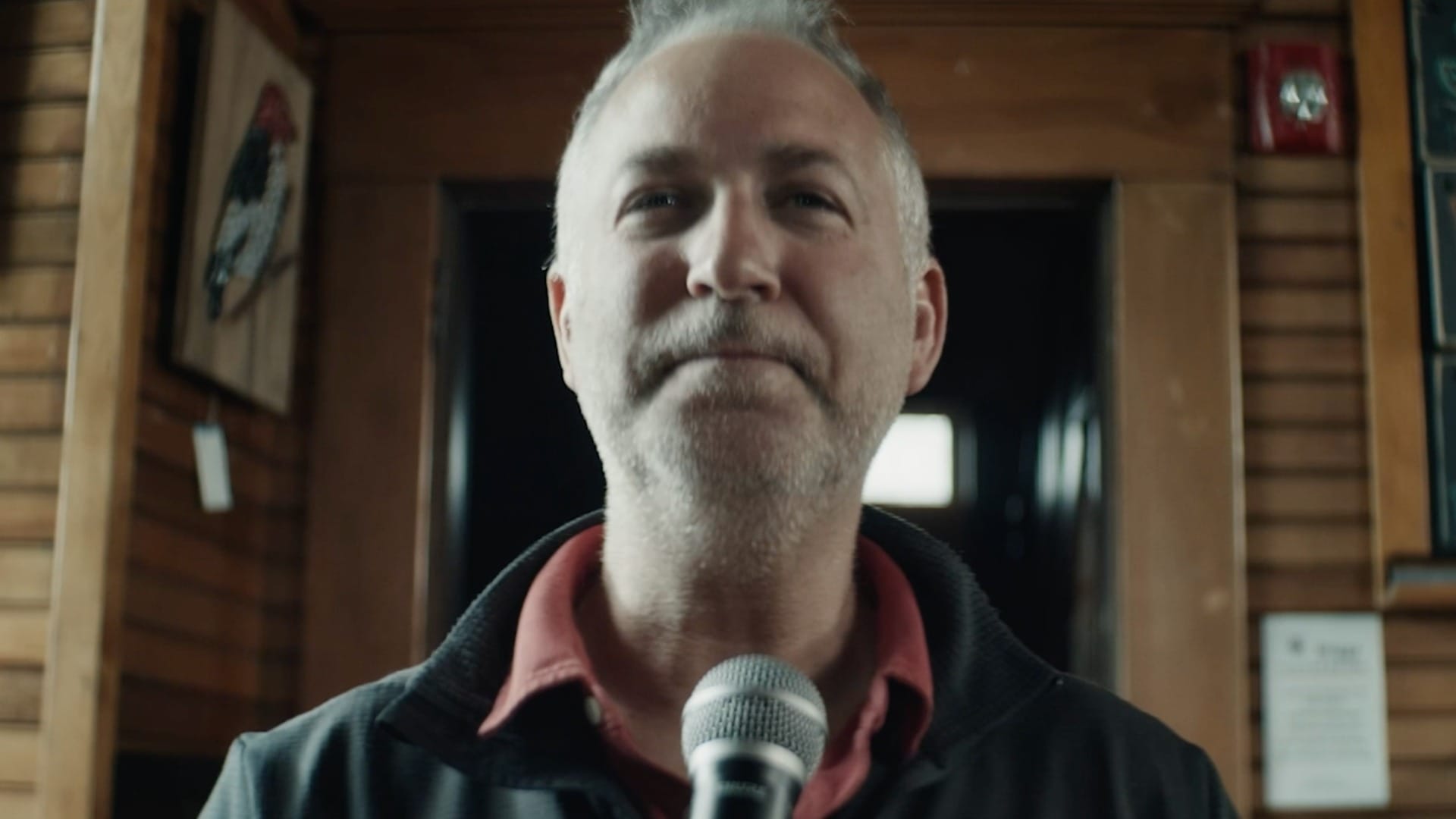“This is the most non-Jewish Jewish movie I’ve ever seen,” my good friend Rabbi Elliot Cosgrove of Park Avenue Synagogue told me after watching my new film, “That’s Funny.” Rather than taking it as a slight, his words made my day.
At first glance, my new film follows a middle-aged man in Los Angeles who believes stand-up comedy fame will bring him happiness. Given a once-in-a-lifetime opportunity to perform on a popular late-night show, he rushes home to Michigan, where he retreats to his father’s cottage on the lake, and accepts the daunting task of creating an entirely new comedic routine within a week.
At its core, the movie explores universal themes of self-discovery and the pursuit of fulfillment, transcending religious boundaries. I was surprised when Rabbi Cosgrove considered it a Jewish movie at all because it wasn’t something that I thought of while making it, at least not consciously. It doesn’t include any overtly religious or cultural elements typically associated with Jewish-themed movies. But upon closer examination, I realized that it does subtly weave a Jewish narrative through the protagonist and, “Alex’s” internal conflicts. A very Jewish theme indeed.
The family dynamics depicted contribute to the film’s Jewish essence. Family, a cornerstone of Jewish culture, is explored through the complexities of relationships, generational gaps, and the influence of family on individual choices — themes present in Jewish literature and philosophy for centuries. For example, the protagonist’s retreat to his father’s cottage on the lake symbolizes a return to his roots, echoing the Jewish concept of Dor L’Dor, or “generation to generation.” This idea, deeply rooted in Jewish tradition, emphasizes the transmission of values and heritage from one generation to the next. The cottage becomes a symbolic space where familial connections are strengthened, aligning with the importance of family ties in Jewish culture, as highlighted in various Jewish texts and teachings.
By the movie’s end, Alex (the character) learns that happiness comes from doing, not just achieving — an idea that resonates with the Jewish concept of mitzvot, or good deeds. The Talmud teaches, “It is not your responsibility to finish the work [of perfecting the world], but you are not free to desist from it either.” This wisdom emphasizes the importance of continuous effort and engagement in positive actions, mirroring Alex’s realization that fulfillment is found in the process rather than the end result.
And so, while my movie doesn’t overtly focus on religious rituals or cultural traditions, its exploration of universal themes intertwined with Jewish values makes it inherently Jewish. The struggle for identity, the significance of family, and the pursuit of happiness are all deeply rooted in Jewish tradition. Rabbi Cosgrove’s observation highlights the film’s ability to resonate with a broad audience while maintaining a distinct Jewish identity through its nuanced exploration of these profound and universal concepts.
And I couldn’t agree with him more.

Alex Grossman is a writer, director, stand-up comedian, and actor who has created everything from web films to features. His latest feature film, That’s Funny was released Nov. 17, 2023. Find out more at thatsfunnymovie.com and watch the film on on Amazon, Apple TV, Google Play, and Vudu. It will be in select theaters starting Dec. 7.
Comments
Sign in or become a Nu?Detroit member to join the conversation.
Just enter your email below to get a log in link.